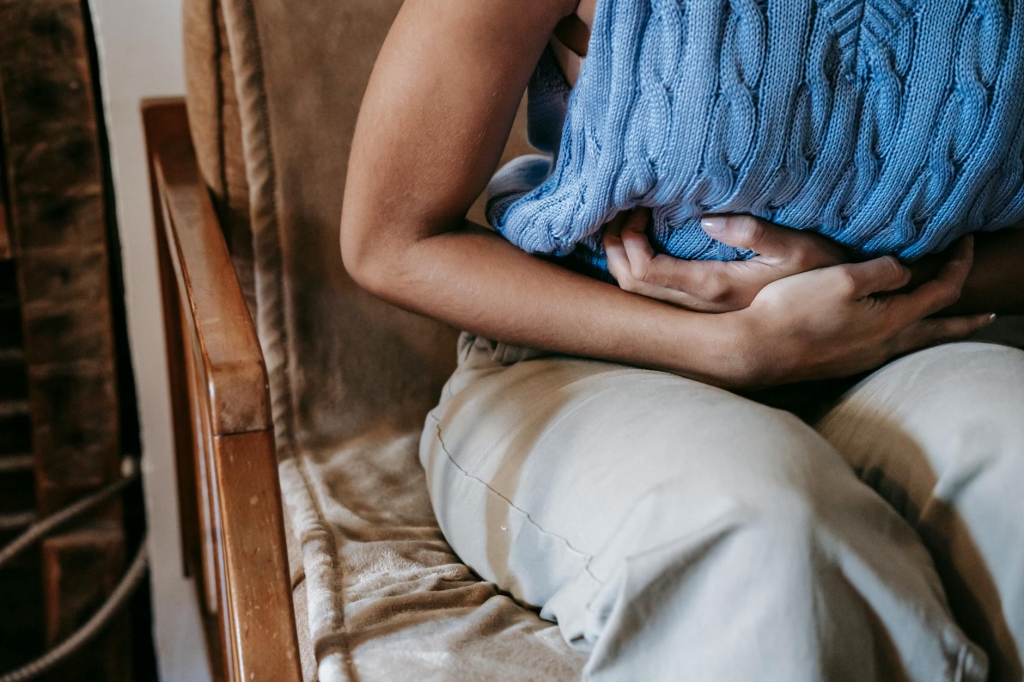
According to an excellent article by Sara Berg, MS from the AMA Association, the “stomach flu” is not a type of flu. It is caused by a different type of virus (the norovirus) that attacks the stomach and intestines rather than the respiratory tract. (This article is based on the above reference by Berg).
Norovirus is the most common cause of “acute gastroenteritis,” which means an inflammation of the stomach and intestines.
People with a norovirus infection typically have the sudden onset of nausea, vomiting, stomach cramps, and diarrhea. Unfortunately, it is becoming more common in the U.S.
It is spread by the “fecal-oral route” meaning that billions of the viruses are found in infected peoples’ stool. If that stool gets into a water supply or on food, the virus is taken in by mouth.
The virus can continue to shed for “up to two weeks after … symptoms are gone.” The virus can live on surfaces such as tables and hand rails “for days to weeks.”
Noroviruses cannot be treated with an antibiotic. Also, even though many people refer to it as the “stomach flu,” medicines for the flu such as decongestants are ineffective and may even cause harm since they dry out tissues.
Treatment consists primarily of maintaining good hydration by drinking lots of fluids with electrolytes. Example include Gatorade, Powerade, and Pedialyte (this last one is to be used in children but can also be used in adults).
Adults may want to try Kaopectate, Pepto Bismol or Lomotil to reduce diarrhea. Avoid caffeine products. Kids can be placed on a BRAT Diet (bananas, rice, applesauce, and toast).
Prevention is better than treatment. Good handwashing is key. Rinse all fruit and vegetables before eating them. Cook shellfish thoroughly with a goal of an internal temperature of 145 degrees.
Stay home if you are sick from acute gastroenteritis.
Symptoms usually last 24-48 hours, but remember, the virus can be present in the stool for up to two weeks after symptoms are gone. If symptoms persist for 72 hours or more, it would be prudent to see your doctor.
Some people notice a return of some symptoms when they begin to eat normally after the initial symptoms have resolved.
Most often, this is due to temporary lactose intolerance caused by diarrhea. This typically lasts only 48 hours. So, you may want to avoid milk products for a couple of days after norovirus symptoms have stopped.
While most people recover from norovirus infections, young children (ages 6-18 months) and adults over age 65 can get seriously ill and a few may even die. These individuals need to be monitored closely.
Peter M. Hartmann, MD
Family Medicine & Psychiatry